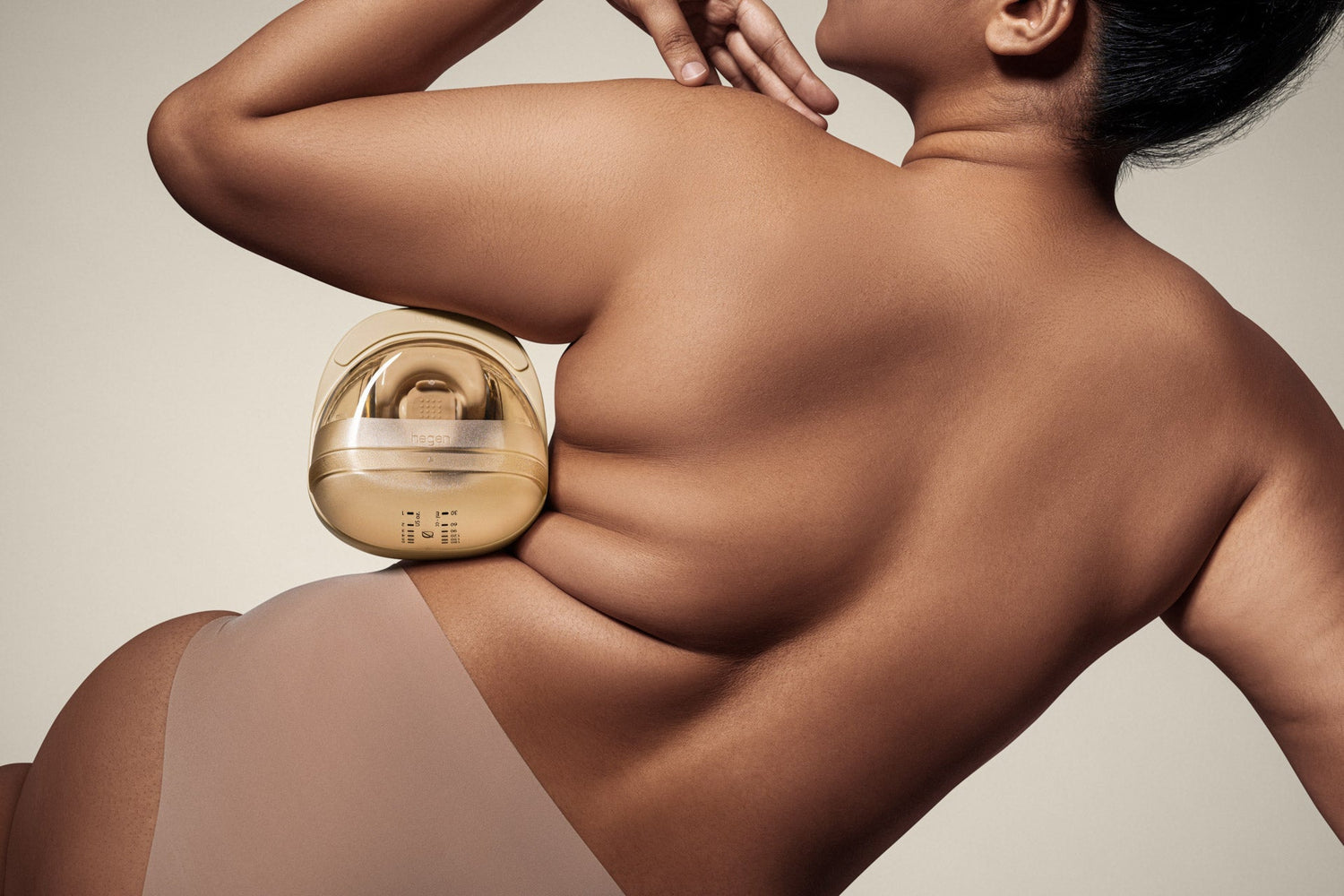Despite the uncertainties of the current Circuit Breaker, Muslims in Singapore are already making safe distance preparations and looking forward to the holy month of Ramadan. Fasting from sunrise to sunset - with possibly muted celebrations at the end of it - might seem grueling, what more for those who are vulnerable, health-wise?
Small children, elderly, in poor health, nursing or pregnant mothers, all fall into the same category of the vulnerable, for whom fasting is not considered mandatory. Yet it is quite common for nursing mothers who are Muslim to continue nursing while fasting for a full day!
For new Mums who wish to try breastfeeding and fasting for the first time, here are a few tips to note for a safe and healthy nursing experience, while you fulfill your Ramadan obligations.
Seek your doctor’s advice
Before you embark on your month of fasting and breastfeeding, do seek medical advice from your doctor What may have worked for your sister or friend may not be advisable for you, due to preexisting medical conditions that you (or your baby) might have.
When the doctor gives you the go ahead, do ask for their advice as to how you can maintain enough nutrients to ensure a healthy and steady milk supply while you’re fasting.
Watch your intake of water
Many Muslims who grew up fasting tell us that they don’t feel hungry even though they don’t eat from dawn to dusk. Some say that what they do experience is thirst. For lactating mothers, water intake is something that is of extreme importance, even if they personally don’t feel thirsty as the body is making milk for the babies.
Ensure sufficient intake of water in the non-fasting hours, namely during your suhoor (pre-dawn meal) and iftar (breaking fast meal), so that the milk supply will not be compromised. Try to continue feeding baby or pumping throughout the day, perhaps with more sessions happening in the evening.
Do note: If you experience extreme thirst, disorientation or dizziness, stop fasting immediately and have a drink of water, or other types of fluids. A sweet fruit juice or salted water can help ease dehydration. If the symptoms do not subside, seek medical intervention.
Watch what you eat
Of course, all nursing Mums must maintain a healthy and nutritious diet, with an additional 500 calories up from the usual 2,000 calories expected for women. Nursing mums who are fasting must be especially careful due to decreasing micronutrient levels of zinc, magnesium and potassium in their breastmilk. Thus, in addition to choosing healthier food options, it’s also wise to take supplements to replenish any loss of vitamins and minerals.
Watch the baby
A nursing Mum may fast and feed with no ill effects to her own health, but there can be some impact to the baby’s well-being and development. So pay close attention and use your little one as a gauge as to whether you would make a decision to continue fasting or break your fast. For instance, see if baby is experiencing dehydration or if he is wetting less diapers in a day than usual.
Be aware of your mental health
All postpartum mothers go through an immense transition and adjustment period, which can wreak havoc on their emotional well-being. It’s important for Mums to keep stress at bay in order to have a positive nursing experience with baby. Fasting during this confinement and recovery period can be an added stressor.In cities and countries where Islam is the main religion, resting during the holy month is emphasised and encouraged. Businesses close or operate reduced hours. It is part and parcel of the Ramadan fasting experience, where Muslims get to enjoy a shift their daily focus from their usual worldly activities to a more spiritual one. Thus, nursing Mums who remember to embrace this aspect of Ramadan, will also allow their minds and bodies to rest and replenish – and hopefully continue milk supply in a way that is optimal for both mother and child.
There are plenty of Muslim mothers who choose not to fast during the month of Ramadan. One of the things to bear in mind is that according to many Muslim scholars, Islam discourages a person to fast if she ends up making herself ill.
What many mothers do instead is to compensate by fasting at a later period, perhaps after the baby has weaned. Another option for dwindling milk supply could be to supplement feeding with formula in the interim, while still maintaining expression sessions. Rest assured that whatever your choice, the breastfeeding journey will still be fruitful for the ones who matter most -- yourself and your little one.
From all of us at Hegen, we wish you and your loved ones Happy Ramadan!





